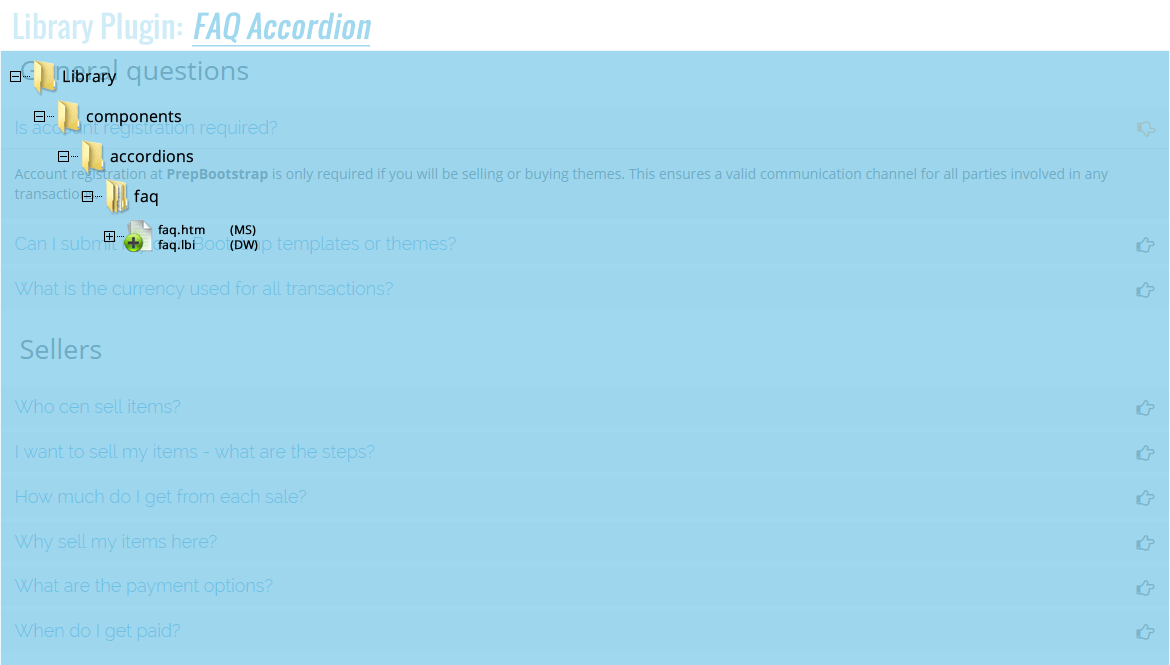There are a number of "colleges" that advertise online and in magazines and newspapers which claim to be "accredited" and boast of awarding years of college credit for life experience to their students. However, the degrees they confer are not worth the paper they are printed on because they are not recognized by the federal government or major corporations. A very important factor is accreditation and, rest assured, every college and university participating is accredited by a commission recognized by the Council on Higher Education Accreditation and the US Department of Education. Each of our colleges and universities are listed in the American Council on Education's publication entitled Accredited Institutions of Postsecondary Education, so they are recognized by both the federal government and corporations. Yes, there are degree mills out there trying to lure in unsuspecting people like you and I, but you will not find any of them associated with HERC. We restrict participation to those colleges and universities which are legitimately accredited.
First of all, our systems are designed to help you get the credit that you deserve for your educational experiences applied to a degree in the subject that you desire.
Then we are going to equip you with hundreds of resources on our advanced student support website that can enable you to accelerate your progress to a degree.
Accelerated academic terms can get you there quickly: There are a number of our participating colleges and universities that offer accelerated terms for their online students. A traditional semester on campus spans 13 to 16 weeks in length, yet you can complete courses at a distance from many of our colleges in as little as 6 to 8 weeks. This allows students to focus on the subject they are taking without having to divide their attention on other subjects at the same time. Others offer independent study courses that can be started anytime - You have the full semester's time frame (3 to 4 months) to take the course if you need to take that long, but if you push through the instructional material at a more rapid pace, you could finish a course every month. If you would like to take courses at a distance from our participating colleges and universities offering accelerated terms, we'll show you how.
Yes and no. SOCRATES ® links students to hundreds of courses from many of the best colleges and universities in the world and, through the links that are provided on our website, yes, there is no tuition for you to receive the same instruction as did students who attended the classes on campus. So, if you desire to access these courses to augment the instruction you are receiving from the college or university of your choice, the answer is yes, totally free. However, the answer is no if your intention is to use these courses to earn college credit by exam, no one knows if you viewed all of the digitally streamed video sessions, listened to all of the professor's lectures, or worked through all of the web-based instruction unless you go to an authorized test center and take the college level examination in the subject. By passing the college level examination, you prove that you do have the same level of knowledge in the subject as students who took courses in the subjects on campus. Thousands of colleges and universities in the U.S. award credit for college level examinations. CLEP and DSST examinations are free to active duty and reservists in the military; UExcel and TECEP examinations can be covered by the VA. Most corporations allow their exisiting tuition benefits for their employees be used to cover the cost of the examinations, as that is much less expensive than tuition for the same subject. Family members must pay the fees for the exams, but they are a fraction of the cost of paying tuition to take courses in the same subjects. The college level examinations cost $80 (CLEP & DSST), and $110 (most UExcel), $156 (TECEP), with a couple of dozen (ALEKS & Saylor) costing $20 to $25, and a few UExcel costing more (of course, subject to change by the test sources).
Because the courses in SOCRATES ® are intended to prepare you to challenge college level examinations, you can progress through the courses as quickly as you so desire or take as much time as you need and proceed at a leisurely pace. We have some students who are able to complete the instruction and challenge college level examinations to earn credit in as little as two to three weeks. (These are typically single students without family and community commitments who have a substantial amount of time on their hands with which to dedicate to their studies.) Other students take several months to work through the instruction before they challenge the college level examination. It is up to you to set the pace for these courses - you may use these to get on the fast track to the degree that you desire, or casually progress toward achieving your educational goals.
Question 7, How long do I have to complete each course from participating colleges and universities?
The answer to this question depends on the college or university of your choice.
A standard semester in the higher education system in the United States spans between 13 and 16 weeks. For example, if you are taking courses from a state or community college online, you will likely be on the standard semester calendar. In other words, the classes start in January and end in May; the next academic term goes from May through August; the third academic term of the year goes from August through December.
Most of the students that we support are seeking undergraduate degrees - Associate's and Bachelor's degrees. Some in leadership and management positions within the organization who have earned a baccalaureate degree may desire to continue onward. As such, our participating colleges and universities offer a wide array of Master's degrees. Some who are willing to bear the expense and invest the time and energy may even decide to continue on from there and earn their doctorate degree at a distance. We have several universities offering Ph.D., Doctor of Business Administration, Doctor of Education, and other professional and academic doctorate degrees at a distance. How far can you go? The sky is the limit, if you have the determination, funding, and time to press onward.
We are able to offer free support quite simply because our support is underwritten by the many colleges and universities that subscribe to the degree planning system that we use. This requires minimum manpower and staffing on our part to do so., These Colleges for Working Adults (CWAs), when they are one of the best options for you to consider, will login to the system, optimize the application of the credit you have earned in the past to ensure accurate placement of the credit you have earned in the past toward the degree requirements, and then communicate with you directly to explain why they are a great option for you to consider. So, by all means, take advantage of the free support and resources that we provide you as a prospective student.


